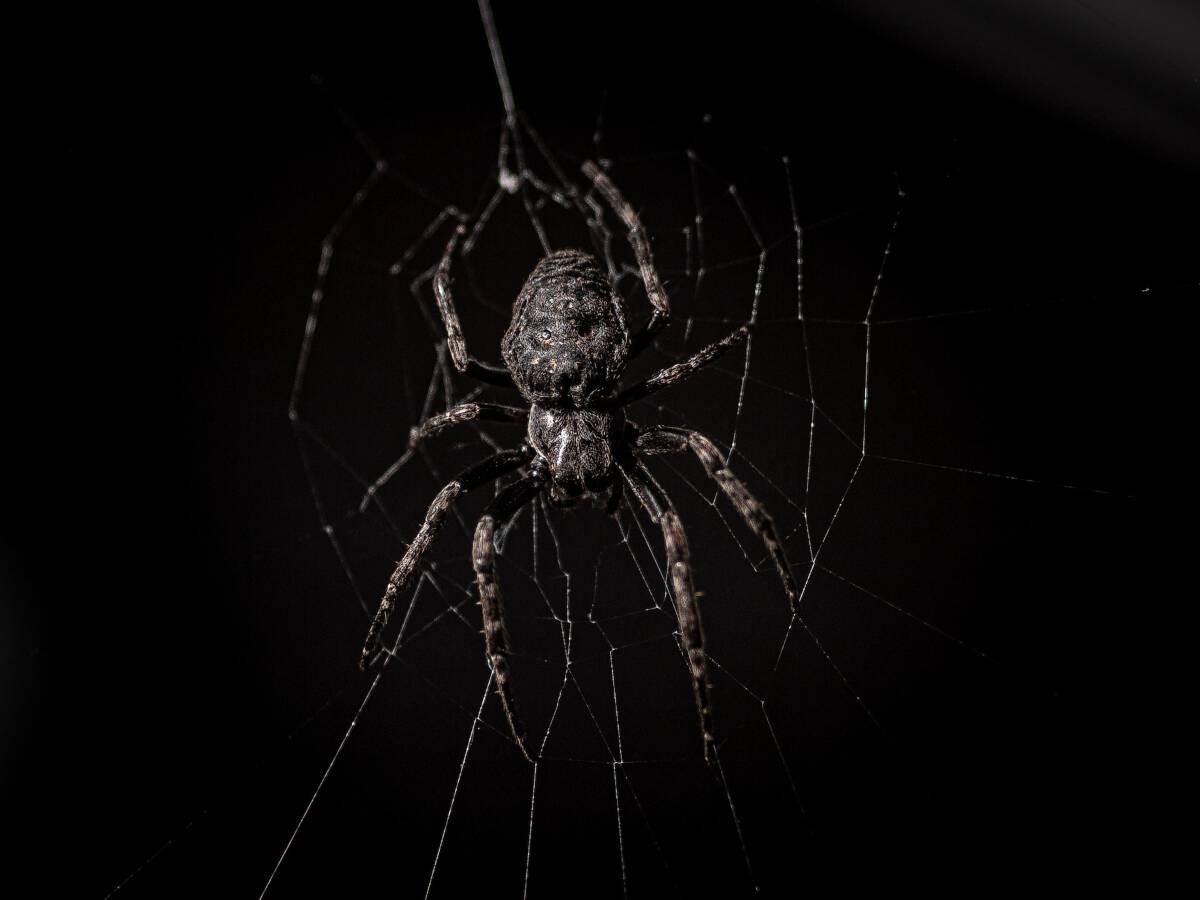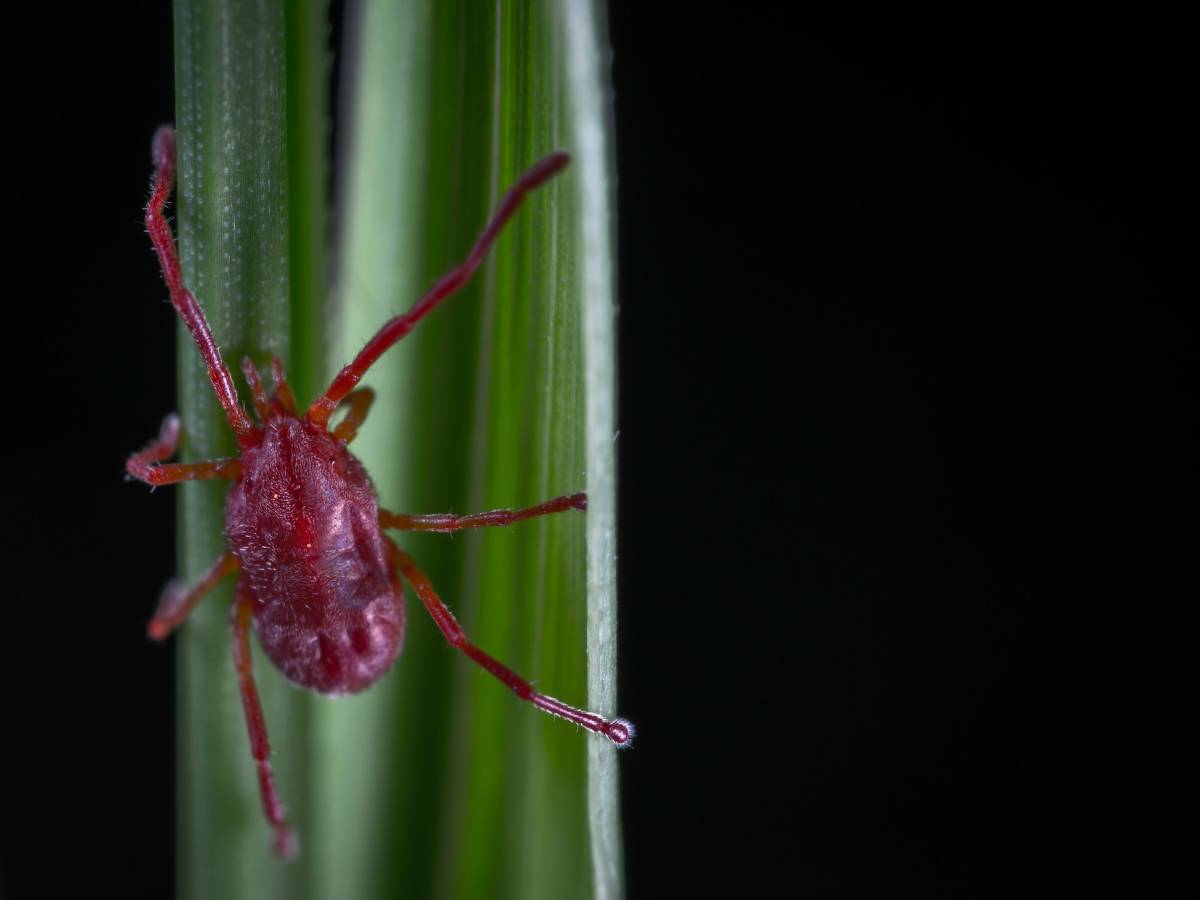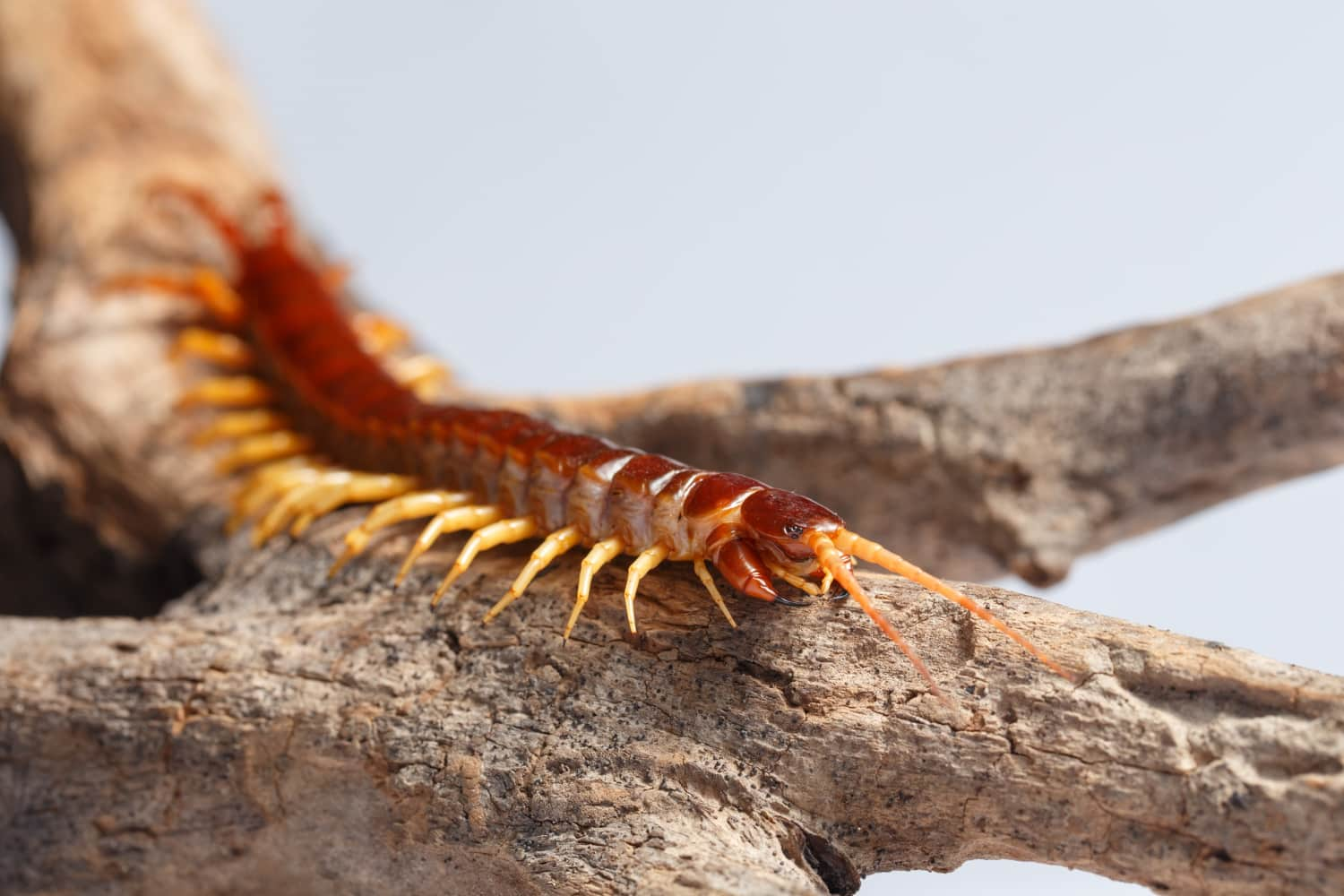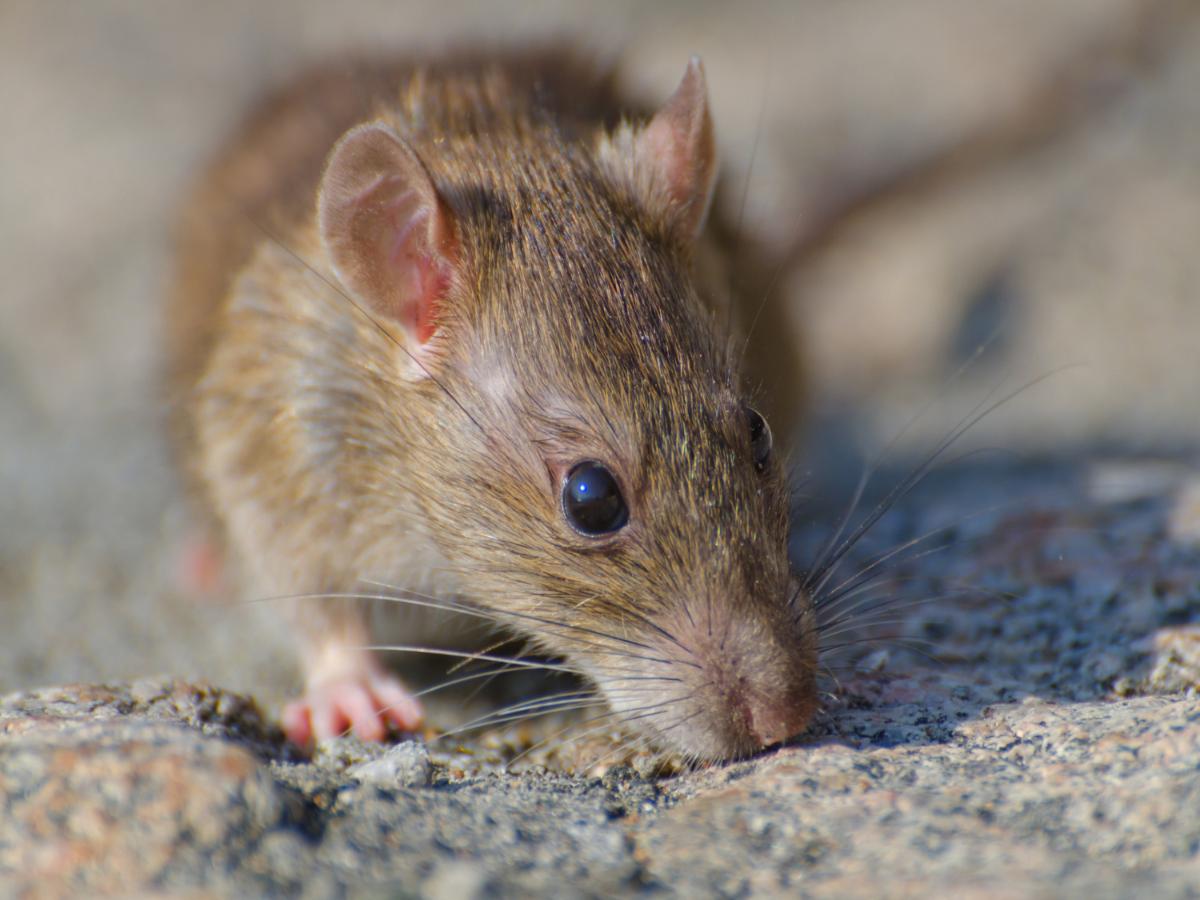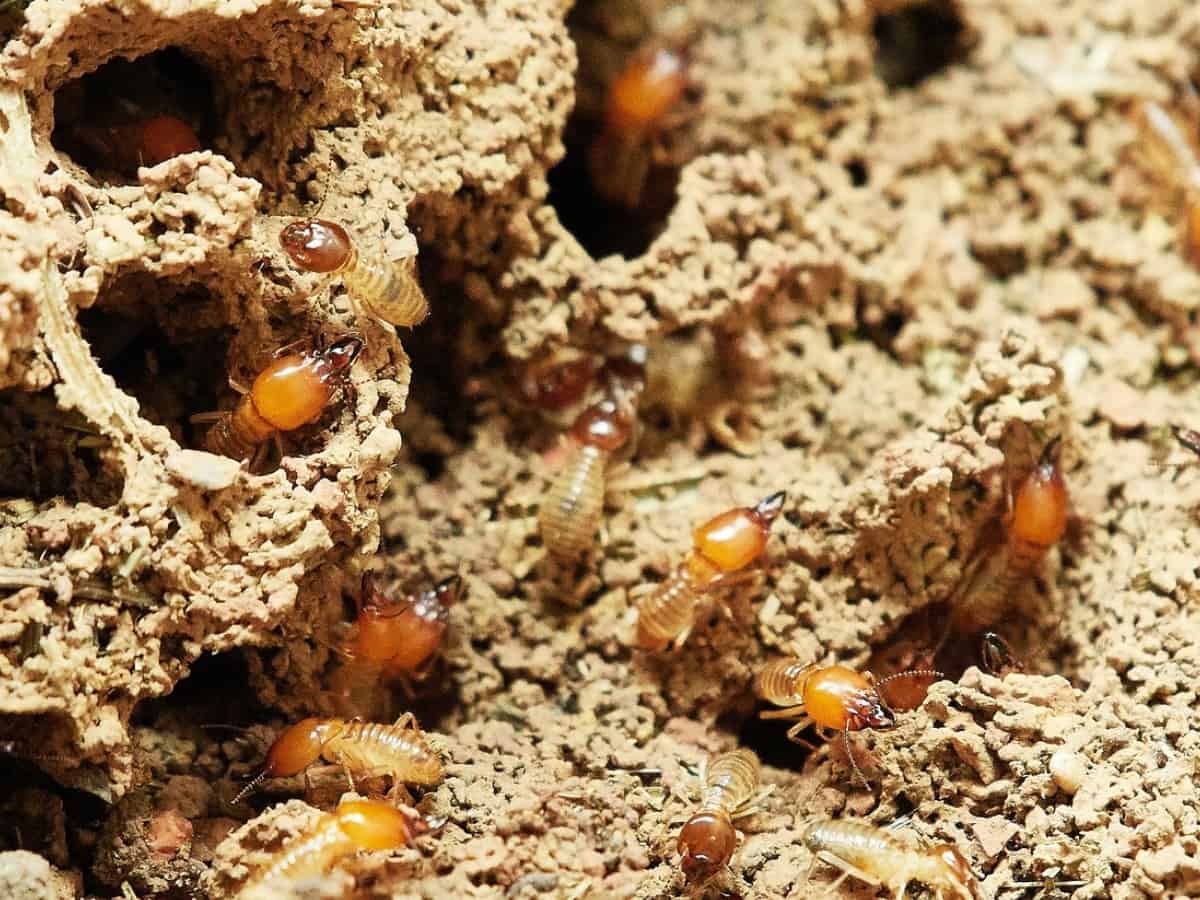To avoid dealing with pest issues worse than they need to be, having your home or place of business regularly inspected and treated for pests is crucial. An exterminator can check for changes in pest activity, monitor access points, and inspect existing traps with the help of routine visits from a certified and trained pest control professional.
Any new pest signs will be treated immediately to reduce the possibility of an extensive infestation.
What are Pests?
Any insect or animal that interferes with human life, even incidentally, is considered a pest. For instance, any animal that harms crops, livestock, or forestry is considered a pest. Animals are more likely to be classified as pests if they cause harm or disturbance inside your home.
What Kinds of Creatures are Pests?
There are estimated to be about 200,000 insect species overall, including all those that haven’t yet been named. The total number of specimens in collections whose resolution has not yet been reached is estimated to be this amount.
One hundred of these species can typically be found inside your home, making them much more likely to fall under the category of pests. Around 100 of these species can typically be found inside your home, which increases the likelihood that they fall under the category of pests.
Here are a few examples:
- Cockroaches
- Fleas
- Bed bugs
- Wasp, bees, and hornets
- Termites
- Spiders
- Mice and rats
- Ticks
- Mosquitoes
- Ants
- Centipedes
- Bats
- Skunks
- Raccoons, etc.
Exactly How Often Do You Need Pest Control?
The frequency of pest control is a common question among homeowners. Preventative maintenance is crucial, whether you want to stop a pest infestation from returning after you’ve treated your home or want to prevent one from starting in the first place.
There is no set standard for periodicity. A pest controller will suggest the necessary visits based on his evaluation criteria after conducting a survey. It’s crucial to take into consideration a number of critical factors, including:
- Type of pest
The type of target pests you are treating is among the variables that affect how frequently pest control should be performed. For example, some pests necessitate a monthly contract due to their biology and behavior. Three hundred meters is an easy distance for rats to travel from their nest. The trick is to control the situation just enough to spare the person any harm.
- Residential or commercial premises
Due to the likelihood that their needs for pest control services are less frequent than those of a commercial building, homeowners can get away with quarterly or bimonthly visits. In order to target the bugs that are anticipated to be a problem the following season, it is advised that checkups be performed at least every three months.
Pest control is frequently advised for commercial structures like offices and apartment buildings. In addition, apartment buildings have spaces ideal for pests to find food, water, and shelter.
This is because there are typically fewer people monitoring pest activity at businesses. If pest activity is discovered, the frequency of routine visits to the pest control company may increase to monthly visits until an infestation is under control.
- Weather conditions
Pests may seek shelter inside during extreme weather conditions like stifling heat, freezing temperatures, and rain. Having an exterminator come out to check for pest activity may be wise when dealing with extreme weather.
- Seasons
Regular inspections may not be required as frequently as they might be in the spring, summer, or fall because insects are less likely to be active then.
- Location
Climates with high levels of pest activity, particularly in humid and warm regions, may necessitate more frequent visits.
- Structure size
The number of access points and the likelihood of a larger population of residents increase with building size. This implies that there are also more resources available that are likely to draw pests.
- Features of construction and surroundings
You might require pest control more frequently than other homeowners if your house is close to a body of water, a wide-open field, or a wooded area.
This is because areas with natural landscapes, such as those near water, in the woods, or with tall grassy fields, provide abundant food and shelter for insects, resulting in high insect activity and diversity.
Insects are drawn to bodies of water like lakes, ponds, rivers, canals, mangroves, etc. because they are frequently used as pest breeding grounds. As a result, the more activity there is in your neighborhood, the more likely someone will try to break into your house the closer your home is to these landscapes.
Although having well-sealed, caulked, and screened doors and windows will undoubtedly help to lessen the invasion of insects from the outside, routine pest control services are frequently still required.

What Does Pest Control Treatment Include?
Pesticide applications are typically pest management methods employed by pest control companies. The majority of pesticides fall into the contact or residual pesticide categories.
- Contact pesticides
Insects are the primary target of contact pesticide application, killing them instantly after spraying. Most of the bugs that pesticides target will die off in a matter of seconds due to their rapid action.
- Residual pesticides
The purpose of residual pesticide application is to spray the residue in or near a target area and infect any pests that come into contact with it. Insects that crawl through poisonous material pick it up on their legs or antennae, infecting the rest of the insect’s body and killing it.
Because of this, contact pesticides must last much shorter than residual pesticides.
There are also options for using synthetic or natural/organic pesticides to treat the most common pests.
Although both options have shown to be effective, certain pests and applications may be better suited for each. It’s a common misconception that a pesticide’s toxicity depends on where it comes from. This is untrue; each product’s level of toxicity should be assessed before use.
- Synthetic Pesticides
A substance that is created or produced using a chemical process or one that alters chemically a substance that was naturally obtained from plant, animal, or mineral sources. These pesticides typically have more lasting effects and need to be applied less frequently.
- Natural / Organic Pesticides
Natural or organic pesticides come from naturally occurring sources and need no chemical changes to work. While these alternatives are frequently excellent choices for sensitive areas, they typically need to be applied more frequently to remain effective.
How Long is Pest Control Effective?
Before the effects of pest control measures start to fade, the treatments are made to last for a while. The type of pesticides or other treatments used and their application method frequently affect the efficacy of pest control measures.
Some forms of treatment, such as sticky traps and bait stations, are much more effective than applying pesticides. Bait stations are one option kept secret in areas where pests will likely find the bait and return to the colony.
They can last for several months without changing and will remain there for however long they are required to.
Another long-lasting treatment option is sticky traps, whose effectiveness lasts as long as the trap is in place. This choice is advantageous for monitoring the effectiveness of other treatment strategies, such as pesticide sprays, in addition to trapping pests.
The other treatments are believed to be more effective, with fewer bugs caught on these traps.
How to Extend the Life of Pest Control Treatments?
Preventing pests from returning in the first place is the best way to guarantee that pest control measures are as effective as possible for an extended period.
Most pest populations should be kept under control by removing attractants, eliminating shelter, sealing off access points, and maintaining routine inspections. It is crucial to remember that the easiest way to deal with pests is to prevent them from entering the first place. Once they come back, treatment is once more required.
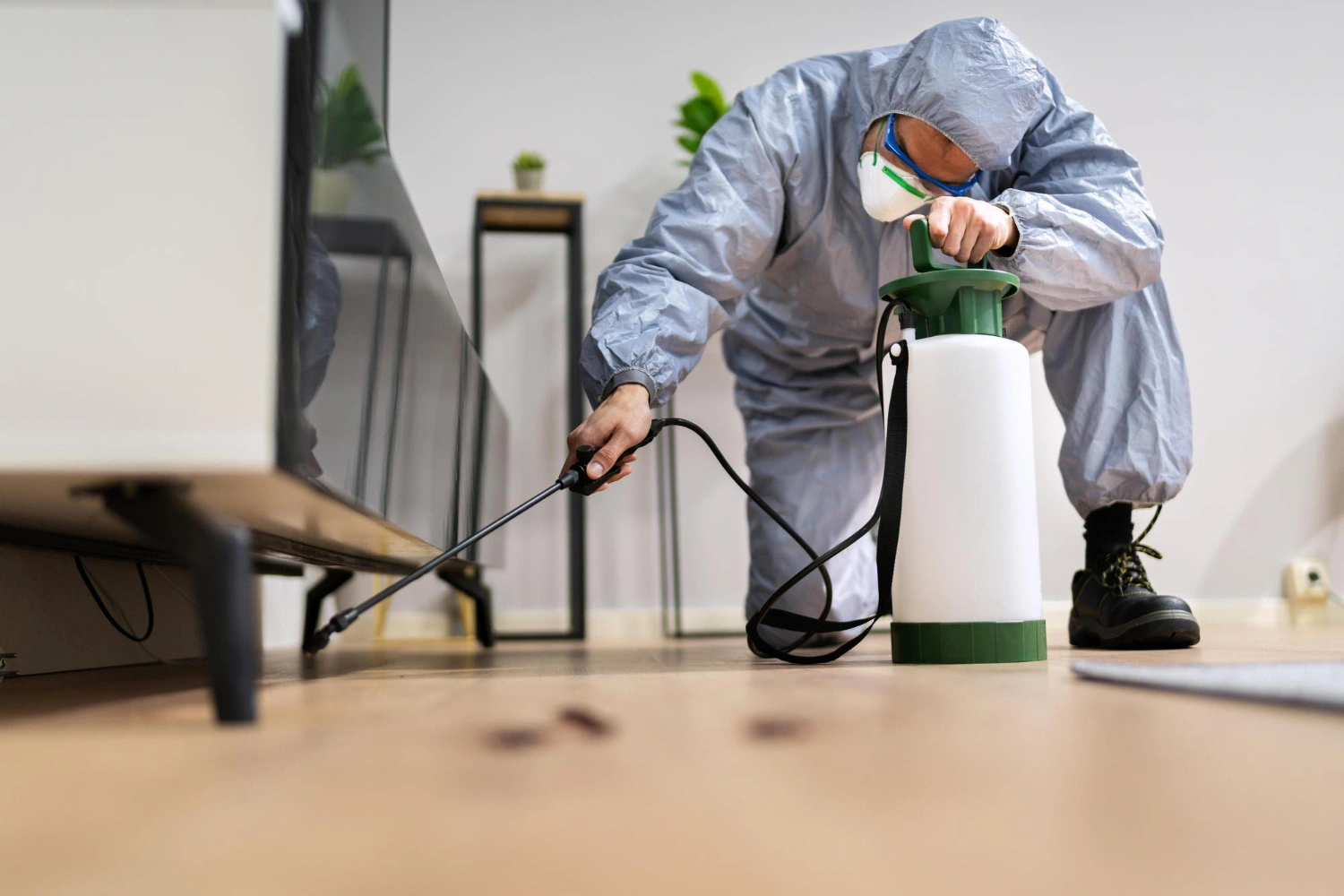
What are the Benefits of Regular Pest Control?
Consider the many advantages of regular inspections and maintenance applications when determining how frequently pest control should be carried out.
Regular visits from pest control specialists can help you avoid becoming infected in the first place or shield your home from reinfestation after an infestation has been removed.
Everyone dislikes having bugs in their home because they are unsightly, can pose health risks, cause sanitary problems, and sometimes cause expensive property damage.
Another advantage of having a trained applicator regularly on your property is that many homeowners don’t become aware of a pest issue until infestations have gotten out of hand. The applicator can swiftly stop the problem from worsening if the subtle symptoms of a small and early infestation are found.
Who Can Help?
We are aware that this seems complicated, and many factors will influence how frequently your home needs to be reapplied.
Don’t worry; a trustworthy pest control company will collaborate with you to evaluate the particular requirements of your home and create a treatment program and plan tailored to your particular pest issues.
Titan Pest Services is a full-service pest control and extermination company fully qualified to handle insects and creatures in Northern New Jersey and the greater New York City area. Our reputation is solid, built on trust, reliability, and focused customer service.
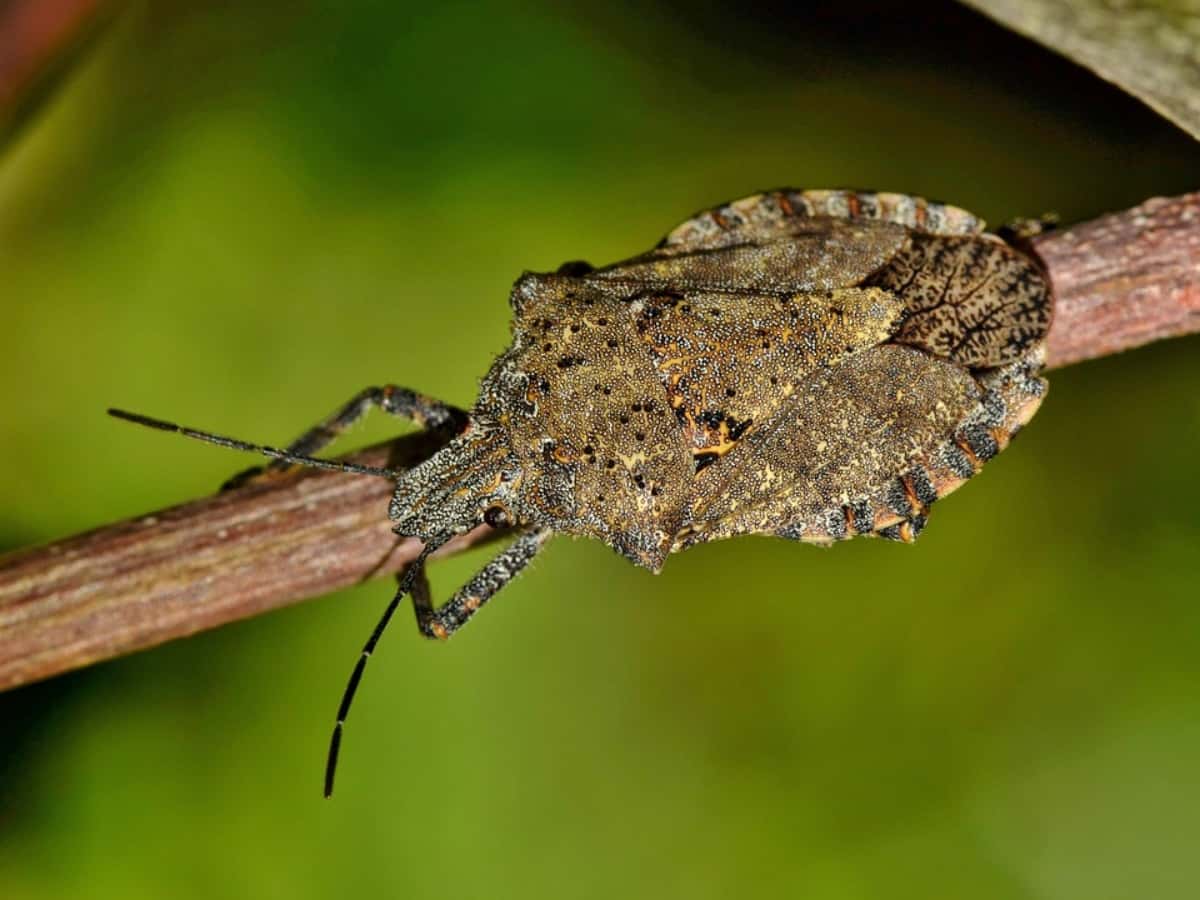
Frequently Asked Questions
- Should pest control be done annually?
In general, hiring pest control at least once a year is advised if your home is vulnerable to pests. An annual treatment guarantees that insects are eliminated before they cause a problem, protecting you from termite damage and blood-sucking mosquitoes.
It is a good idea to try to schedule pest control treatments at the same time each year to make sure that no creatures worm their way back into your home and that there are no gaps in your coverage.
- What time of year is best for pest control?
Early spring is the ideal time to perform pest control on your homes and businesses. When the pests are scarce, you can get rid of their nests by spraying in the spring. The treatment will be more effective and lasting because of fewer pest colonies and nests.
- How often should a house be treated for pests?
To ensure that pesticides are still active and effective for the upcoming season of active pests, homes should probably be treated at least once every three months.
A new pest species emerges and becomes active with each season. Homeowners can increase the likelihood that their pest control is effective by treating it every three months.
- Will rain wash away pest control?
Rain can have an effect by covering the spray by washing in a layer of dust or debris after it rains. Other weapons in a pest control professional’s arsenal can use the rain to prevent pesticide sprays from being neutralized by bad weather like rain.
Pesticides in granule form that need moisture to activate can also be used in place of residual pesticide spray. This combination functions as a dual threat that is always active and potent without regard to whether it rains.
- Do new homes need pest control?
Yes. Pests may enter newly constructed homes through foundational cracks or openings. During a large portion of the construction process, your home is left open to the outside, which gives pests simple access inside. In some cases, the building supplies already contained insects.


